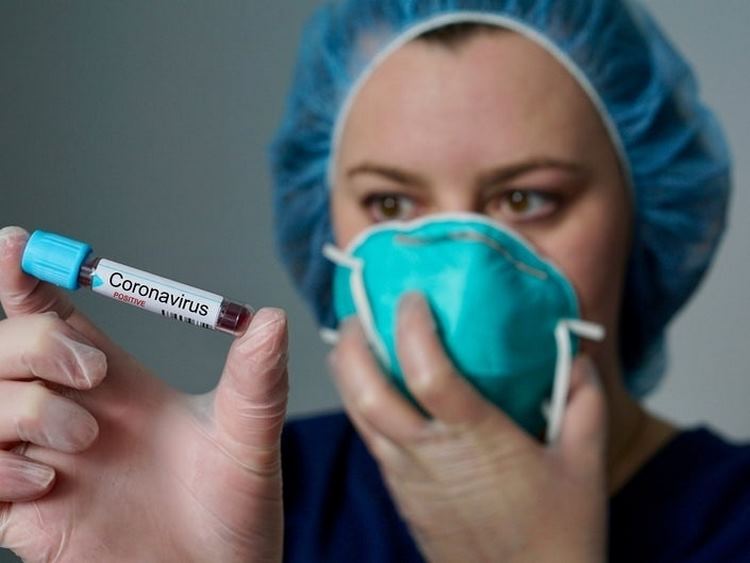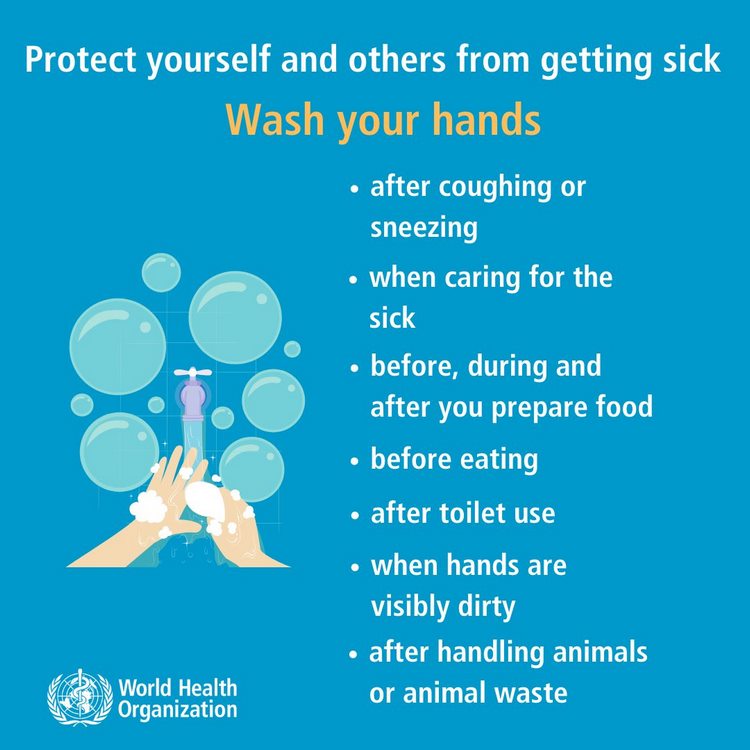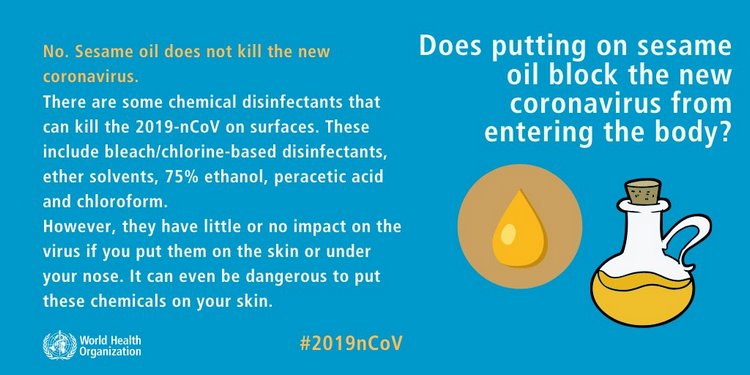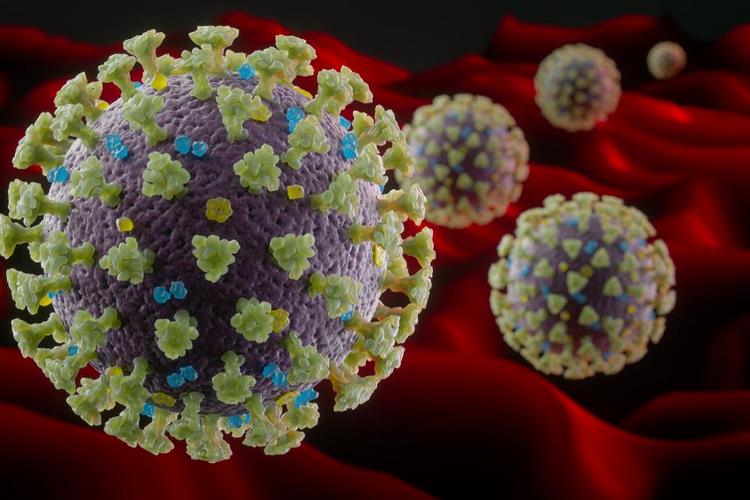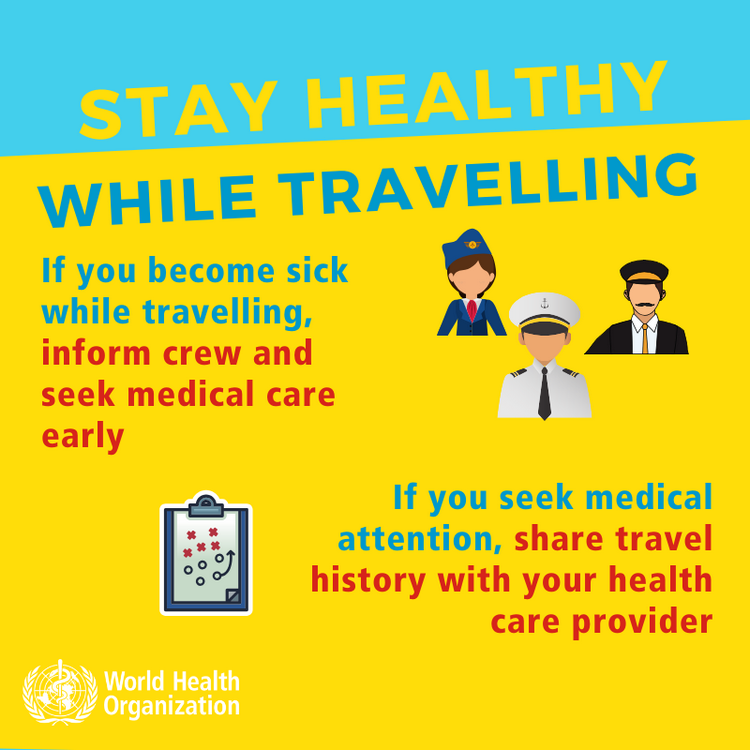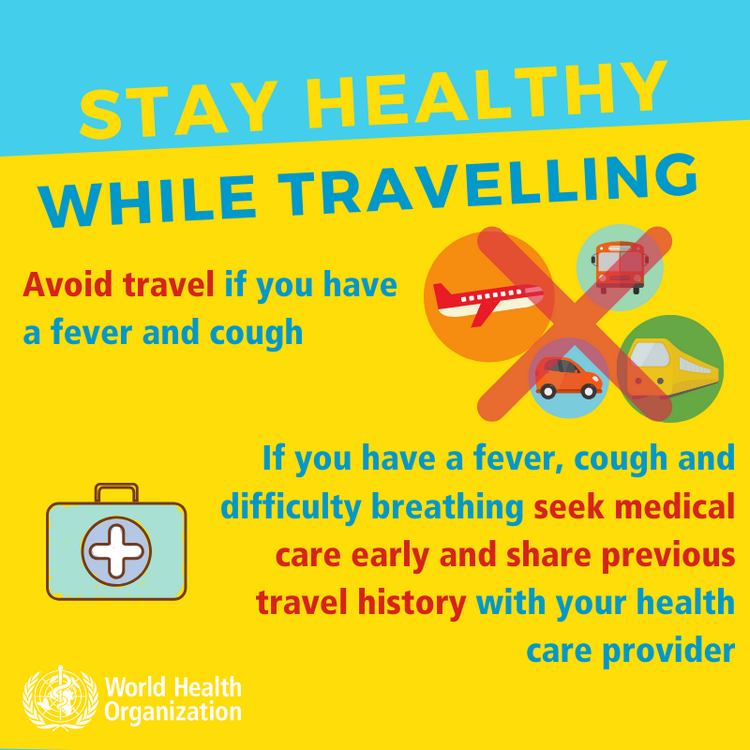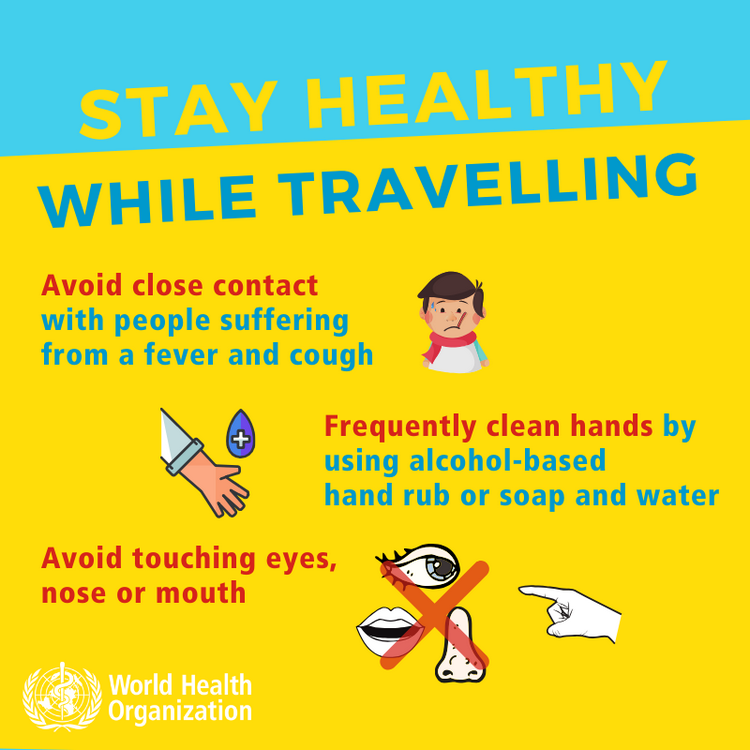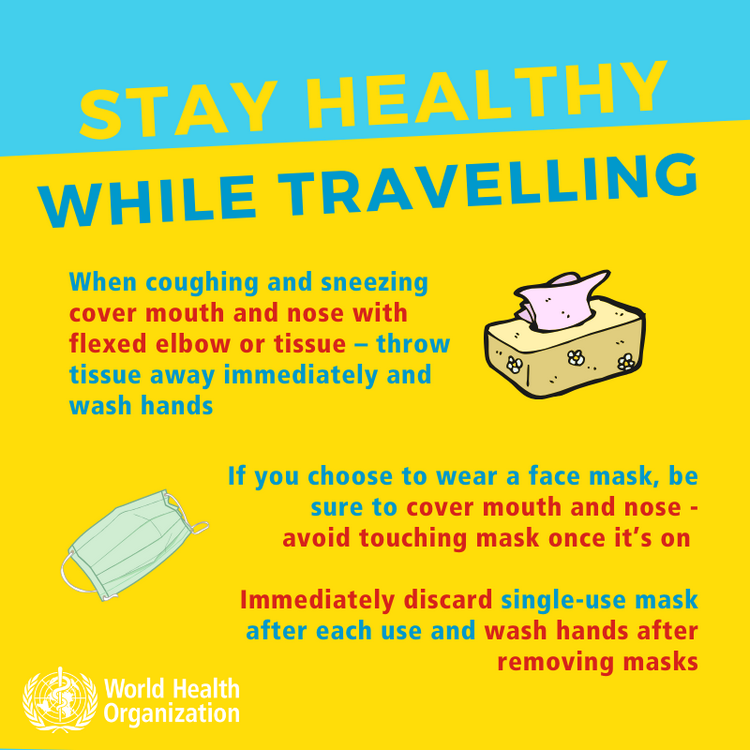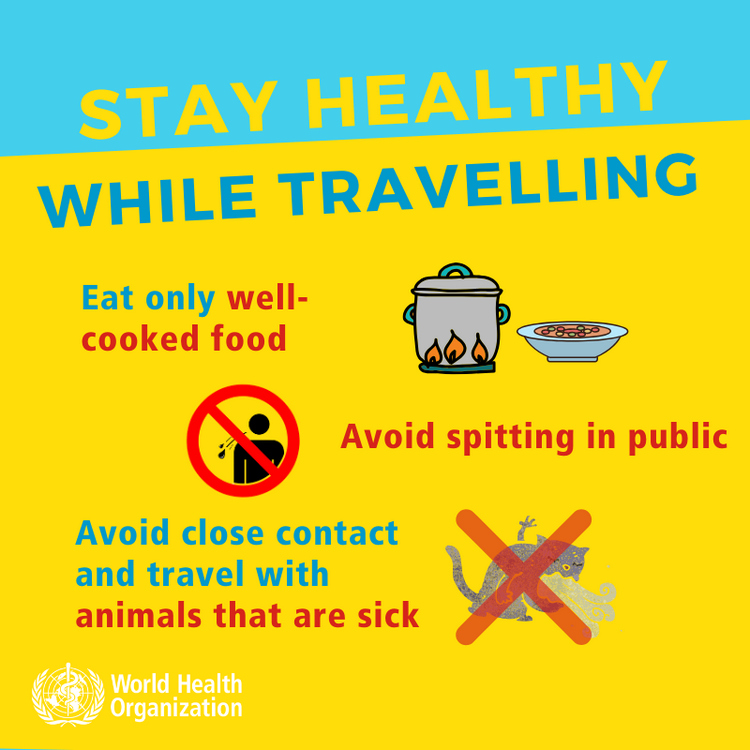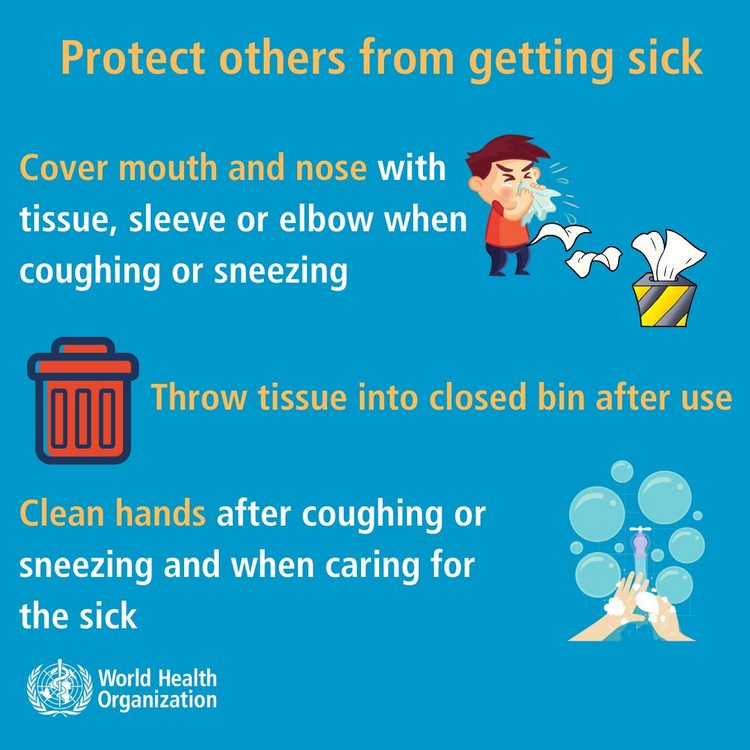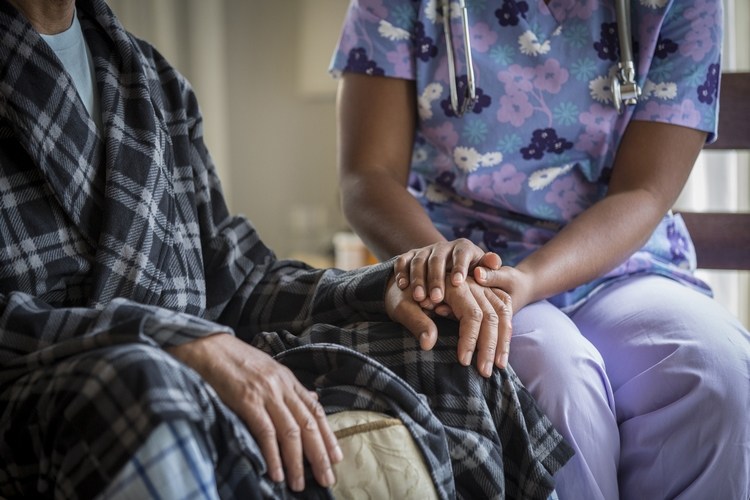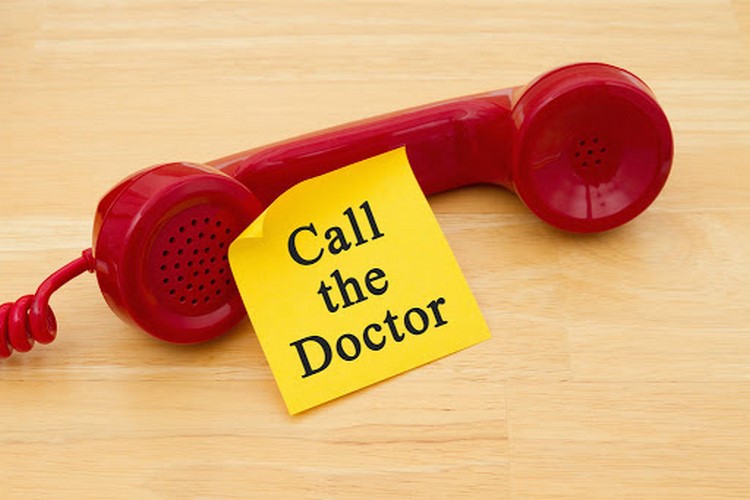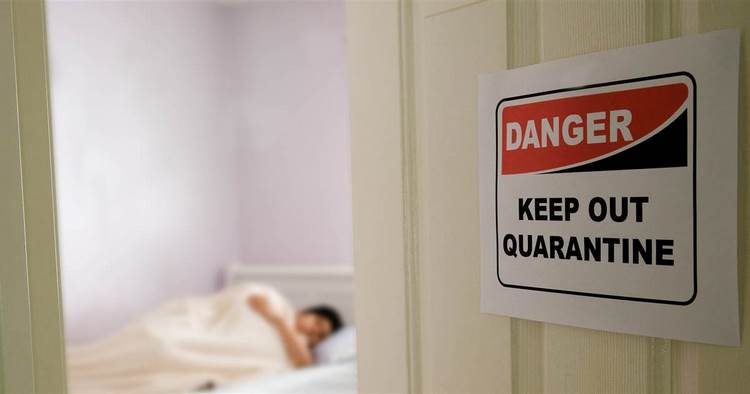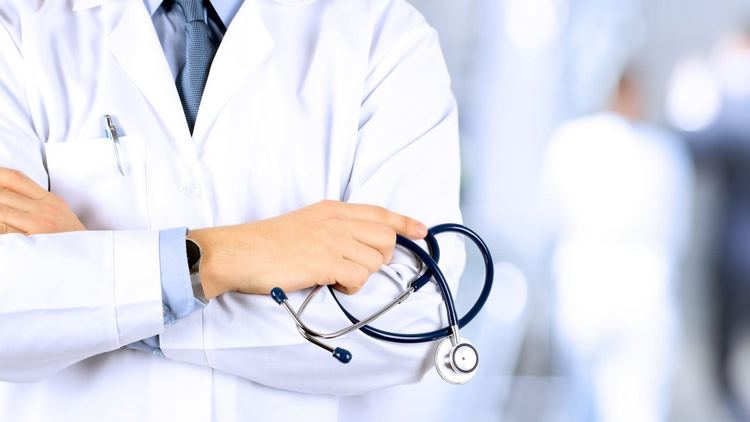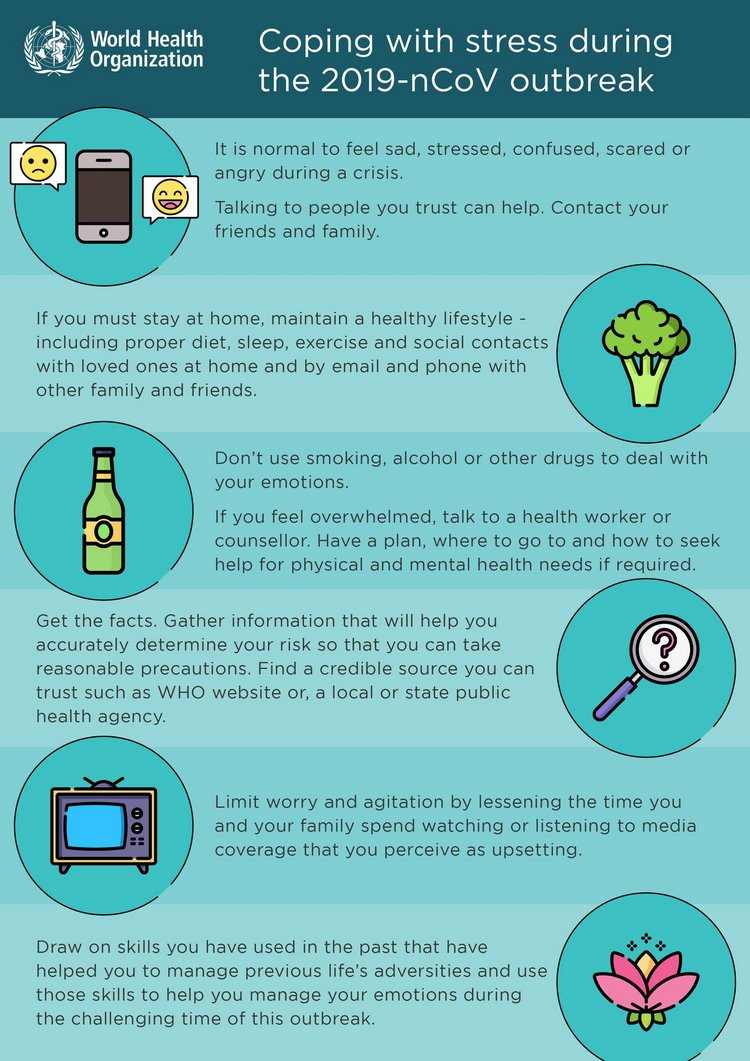World Health Organization has listed 10 basic things that you should know about coronavirus. With the outbreak of COVID – 19 all over the world, there is a lot of information and health authorities advise a variety of precaution measures to the citizens. We want to summarize the recommendations of WHO about the virus, which will help you be informed and prepared.
One of the most important things that people need to realize is that they need to wash their hands with soap and water or with an alcohol-based hand rub. Touching your face after touching contaminated surfaces or sick people is one of the ways coronavirus can be transmitted.
Cleaning and disinfecting surfaces prevents transmitting bacteria. From door knobs, handles, work desks, kitchen surfaces, smartphone, electronic devices – make sure you clean with disinfectant.
WHO advises to educate yourself about COVID – 19 and its symptoms. Make sure that your information comes from reliable sources: your local or national public health agency, the WHO website, or your local health professional. As per WHO, for most people, it starts with a fever and a dry cough, not a runny nose. Most people will have mild disease and get better without needing any special care.
WHO and Health authorities advise to avoid traveling if you have a fever or cough, and if you become sick while on a flight, inform the crew immediately and seek medical care.
Once you get home, make contact with a health professional and tell them about where you have been.
Avoid close contact with people suffering from a fever and cough. Frequently clean hands by using alcohol-based hand rub or soap and water. Avoid touching eyes, nose and mouth.
When coughing cover sneezing cover mouth and nose with flexed elbow or tissue – throw tissue away immediately and wash hands. If you choose to wear a face mask, be sure to cover mouth and nose and avoid touching mask once it’s on.
Eat only well-cooked food. Avoid spitting in public. Avoid close contact and travel with animals that are sick.
If you cough or sneeze, do it into your sleeve, or use a tissue. Dispose of the tissue immediately into a closed rubbish bin, and then clean your hands.
If you are 60+ or if you have an underlying condition like cardiovascular disease, respiratory condition, diabetes you have a higher risk of developing severe COVID – 19. It is strongly recommended to avoid crowded areas or places where you might interact with people who are sick.
Your doctor will ask you about your symptoms, where you have been and who you have had contact with. This will help to make sure you get the right advice and will prevent you from infecting others.
If you are sick, stay at home, and eat and sleep separately from your family, use different utensils and cutlery to eat.
Seek medical care
If you develop shortness of breath, call your doctor and seek care immediately.
It is normal and understandable to feel anxious, especially if you live in a country or community that has been affected. Find out what you can do in your community. Discuss how to stay safe with your workplace, school or place of worship.

